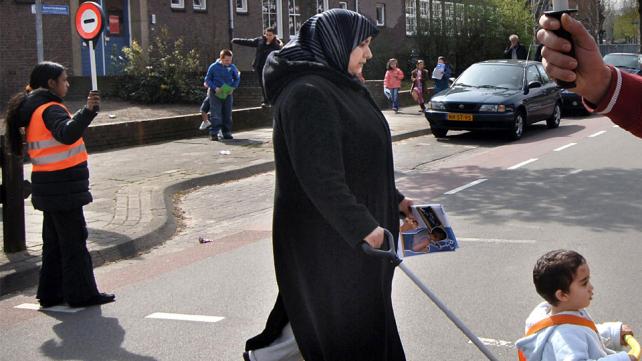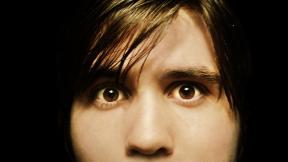
It requires a lot of patience to take care of an active young child. Children are naturally curious; babies commonly put things in their mouths to test whether or not they are good to eat, and toddlers may put small objects into their nose or ears! Everyone in the family should by aware of safety rules. Every home with an infant or young child should be childproofed, which means that all dangerous items should be out of the child's reach.
Here are some good points to remember:
- Children should not be left in the car, or at home alone until they are old enough to take care of themselves in an emergency. Babies and young children must be supervised at all times. Even one-day-old babies have been known to roll themselves off tables. It only takes a few seconds for a disaster to happen!
- Keep medicines and poisons safely locked away out of the reach of young children. Special stickers can be bought from the chemist to put on bottles of medicine and poisons. They let children know with pictures and symbols that what is inside the bottle is not good to eat or drink. Cleaning liquids, paints, powders and dangerous chemicals should not be stored inside old food or drink containers.
- Keep the number of the doctor, hospital and emergency services near the telephone in case of a serious accident. Every home should have basic first aid supplies on hand; milk, charcoal tablets and syrup of ipecac are especially important since they may be needed at a moment's notice in order to treat accidental poisoning. Keep in mind that the doctor will need to know exactly what the child has swallowed in the case of poisoning, so that he can quickly decide on the best treatment.
- Try to learn a few basic rules of first aid - it might save the life of someone you love! Scouting groups, the International Red Cross and other organizations hold special first aid courses for young people where you can learn how to help someone who is choking, drowning, bleeding, or in a dangerous situation.
- Electrical sockets and appliances must be protected. Special plugs can be bought for insertion into main sockets so that small children will not be able to stick things into them and electrocute themselves. Never use electrical appliances such a hairdryers and radios where they could fall into the water or someone might splash water on them, such as in the bathroom, next to the baby's bath or near a swimming pool!
- Keep sharp and dangerous objects out of children's reach. Small toys or game parts should not be left where babies can pick them up and swallow or choke on them.
- If you must baby-sit or watch a younger brother or sister, use your common sense and keep your mind on what you are doing. Toddlers have drowned in the bath in just a few minutes while their older brother or sister left the bathroom to get something, and became distracted by something exciting on TV! Always test the temperature of the bath water with your elbow or inner arm before putting a baby into it; it should feel nice and warm.
DON'T TAKE RISKS; IT IS BETTER TO BE SAFE THAN SORRY.
The following article is reprinted by permission from The Miracle of Life: a Guide on Islamic Family Life and Sex Education for Young People, by Fatima M. D'Oyen, 1996, pp. 39-40. the miracle of life: a guide on Islamic family life and sex education for young people is available from Sound Vision.










Add new comment